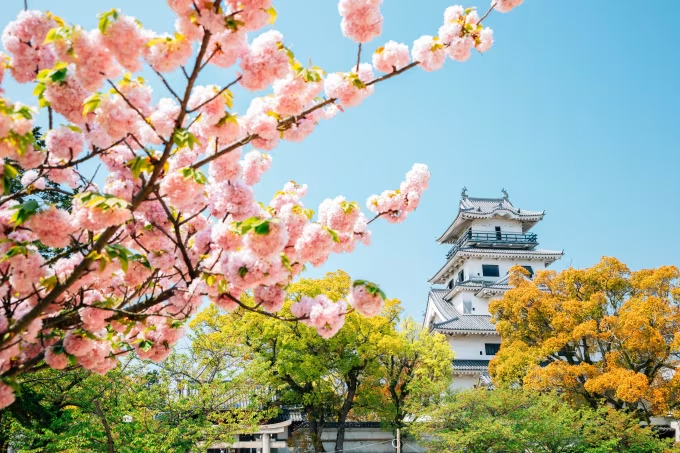Japan’s government has been forced to debunk bizarre rumors that it was handing over part of its territory to Tanzania, after a cultural exchange initiative spiraled into a wave of misinformation and public outrage.
The uproar stemmed from a program launched by the Japan International Cooperation Agency last week, which designated four Japanese cities as symbolic “hometowns” for African partner nations: Mozambique, Nigeria, Ghana, and Tanzania.
The initiative was designed to strengthen ties through exchange activities and overseas volunteer programs, while also revitalizing struggling Japanese communities dealing with population decline and economic stagnation.
However, reports in some African media outlets distorted the announcement, with one even suggesting that “Nagai City in Yamagata Prefecture would become part of the country of Tanzania,” according to a JICA statement released Monday.
The situation escalated further when Nigeria’s government issued, then swiftly deleted, a statement on Friday claiming “the Japanese government will create a special visa category for highly skilled, innovative, and talented young Nigerians who want to move to Kisarazu (city) to live and work.”
The backlash inside Japan was immediate. Social media users fumed about immigration, public safety, and resources being overstretched – with some comments laced with racism and xenophobia.
Local authorities in the designated cities were inundated with complaints; Imabari officials alone fielded about 1,000 emails and 450 phone calls on Monday, according to NHK.
As the frenzy mounted, mayors were forced to issue reassurances, and the central government stepped in.
Chief Cabinet Secretary Yoshimasa Hayashi addressed reporters on Tuesday, stressing that while JICA programs may host interns, “those are temporary and the interns will return to their home countries afterward.”
The Ministry of Foreign Affairs also issued a firm denial, stating, “There are no plans to take measures to promote the acceptance of immigrants or issue special visas for residents of African countries, and the series of reports and announcements concerning such measures are not true.”
JICA urged African partners and local media to correct the misinformation. Nigeria’s government later reposted its statement with a “correction” tag, omitting the visa claim. Yet skepticism lingers online, with some critics calling for JICA to be dismantled altogether.
This controversy has highlighted Japan’s growing unease about immigration. The far-right Sanseito party has capitalized on those anxieties, gaining ground in recent elections with its “Japanese First” rhetoric.
“Right now, Japanese people’s lives are getting harder and harder,” declared party leader Sohei Kamiya in a July campaign speech. He warned that foreign workers could contribute to crime, adding: “More and more foreigners are coming (to Japan).”
Although Japan has gradually increased its intake of foreign residents – rising from 2.23 million to 3.77 million in the past decade, they still make up only 3% of the population.
And while labour shortages have pushed the government to open the door to more workers, these moves continue to clash with deep-rooted fears about cultural change, immigration, and diversity in one of the world’s most homogenous nations.
